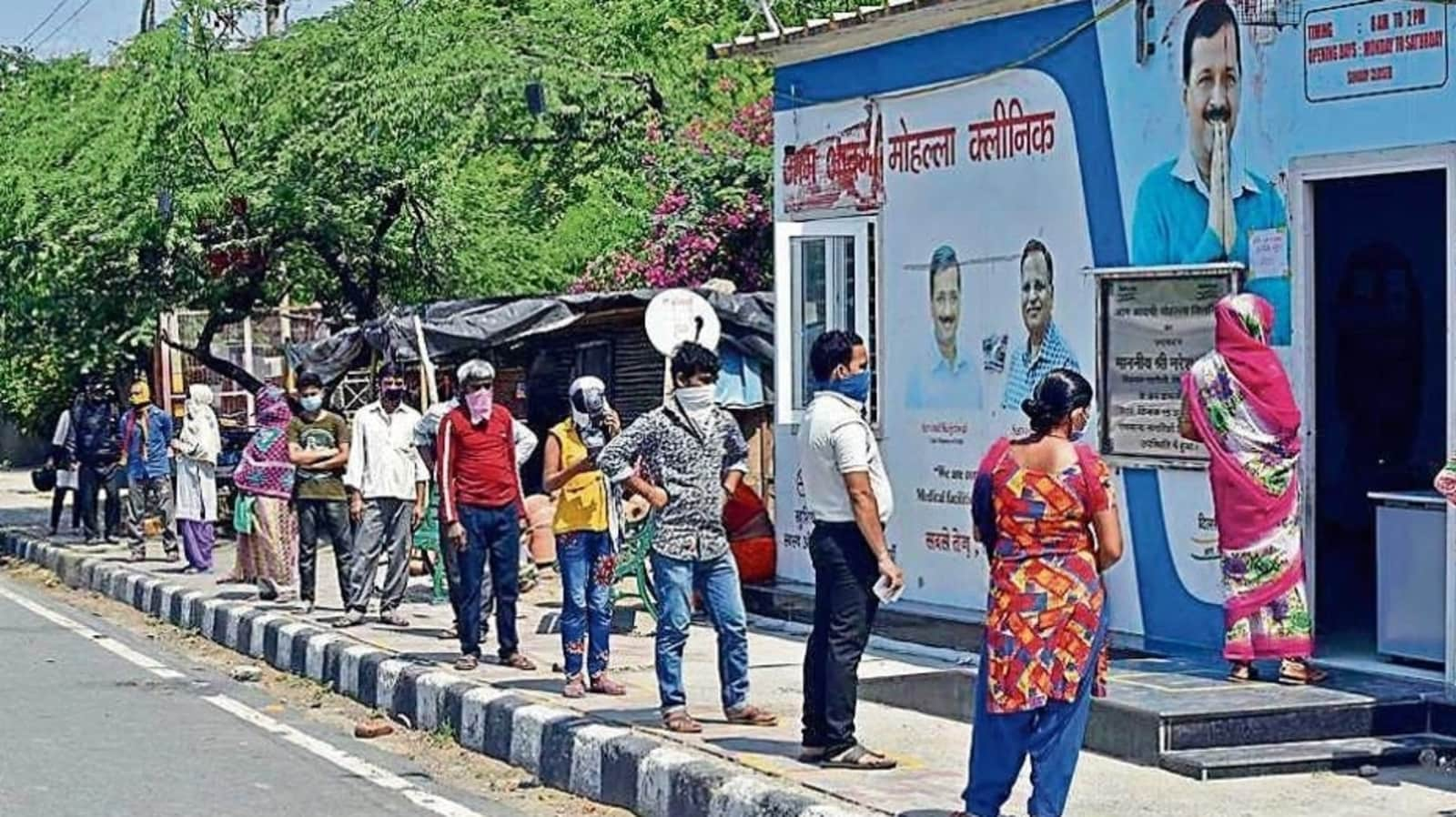The celebrated mohalla clinics, a flagship healthcare project of Delhi’s AAP-led government, are under intense scrutiny as the Union Home Ministry has ordered a CBI probe into the alleged procurement and distribution of sub-standard medicines across Delhi government hospitals and these community health centers. This decision comes in the wake of concerns raised by Delhi’s Lieutenant Governor VK Saxena, who emphasized the need for a thorough investigation into purportedly fake lab tests and the presence of ghost patients at these clinics.
In December last year, VK Saxena recommended a CBI probe after raising red flags about the acquisition and supply of inferior-quality drugs to Delhi’s medical facilities. These medications, acquired via the Central Procurement Agency under the AAP government’s health department led by Chief Minister Arvind Kejriwal, were flagged for their dubious quality and usage in hospitals and mohalla clinics.
The genesis of this predicament emerged from a series of complaints by patients and their families regarding the quality of medications distributed across three major hospitals: IHBAS, Lok Nayak, and Deen Dayal Upadhyay. Samples collected revealed concerning disparities in crucial antibiotics, steroids, anti-anxiety drugs, and more, used in treating various ailments. These discrepancies included drugs for lung and urinary tract infections, inflammation, and anti-hypertension measures.
The directive from VK Saxena underscored the imminent public health risk posed by these substandard medications, necessitating an investigation into the role of companies, suppliers, and drug controllers from other states involved in the distribution process.
The impending CBI investigation may pose further challenges for the Delhi Government, given the multi-state involvement of agencies and suppliers, complicating the already intricate scenario.
Meanwhile, an investigation initiated by the Drug Controller within the Delhi Health Department confirmed the inferior quality of medicines. Among 86 samples tested, 8 failed quality control assessments, including essential medications like Amlodipine, Levetiracetam, and Cephalexin, falling short of required standards. This discovery led to an immediate halt in the distribution of these drugs and a call to scrutinize the roles of external suppliers in this malpractice.
Additionally, the health department uncovered dubious practices at several mohalla clinics, including fraudulent attendance records, consultations by unauthorized staff in the absence of doctors, and the revelation of fake lab tests. The inquiry exposed the use of counterfeit mobile numbers for patient registrations, indicating potential fraud worth crores in the payment to private labs.
In response to the CBI inquiry, Saurabh Bharadwaj from the AAP voiced concerns about the central government’s alleged attempt to protect the health secretary. He expressed support for the CBI investigation while asserting that the focus should also be on the removal of Health Secretary Deepak Kumar, whom he held accountable for these discrepancies.
The unfolding scandal has put the AAP-led government under considerable pressure, prompting debates about accountability and systemic reforms within Delhi’s healthcare administration.
